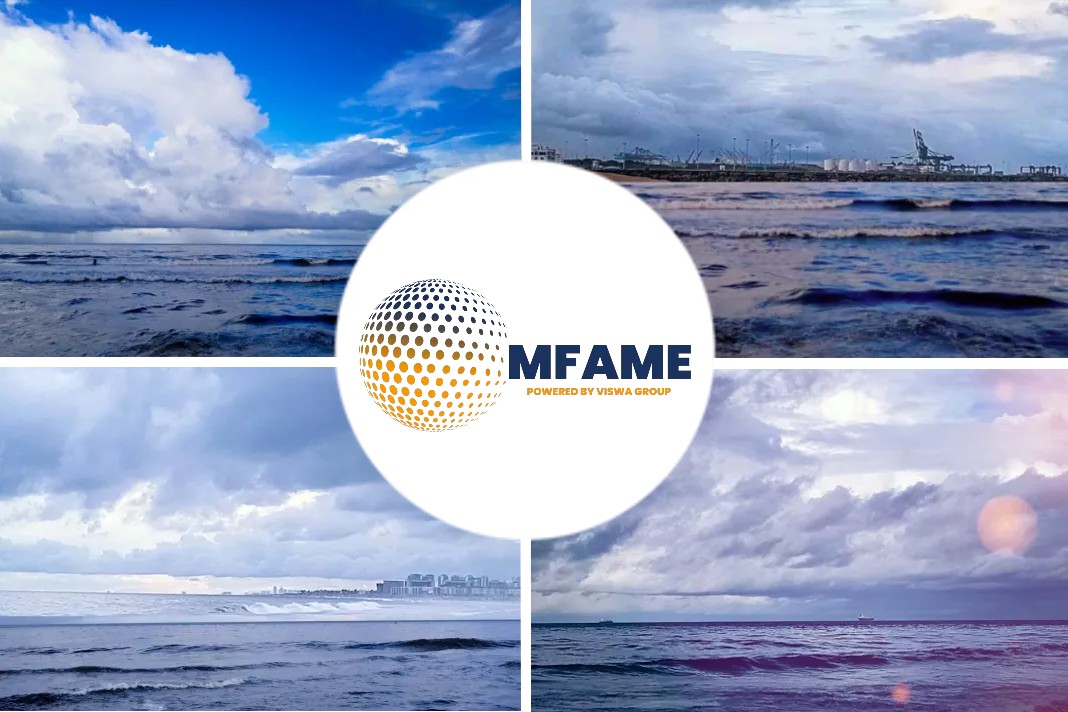- Aim is to make cross-border trade simpler and the logistics chain more efficient, for the more than 10 billion tons of goods which are traded by sea across the globe.
- The requirement, mandatory under IMO’s FAL Convention, is part of a set of amendments under the revised Annex to the FAL Convention, adopted in 2016.
- A significant move in the industry and ports towards a digital maritime world, reducing administrative burden and increasing efficiency of maritime trade and transport.
- “single window” is encouraged for data, enabling all the information required by public authorities, to be submitted via a single portal, without duplication.
- The Committee will receive an update on IMO maritime single window project, implemented in Antigua and Barbuda, with Norway’s support.
A mandatory requirement for national governments to introduce electronic information exchange between ships and ports comes into effect from 8 April 2019, says a press release published in IMO website.
What is the purpose?
The aim is to make cross-border trade simpler and the logistics chain more efficient, for the more than 10 billion tons of goods which are traded by sea annually across the globe.
The requirement, mandatory under IMO’s Convention on Facilitation of International Maritime Traffic (FAL Convention), is part of a package of amendments under the revised Annex to the FAL Convention, adopted in 2016.
A digitalized maritime world
“The new FAL Convention requirement for all Public Authorities to establish systems for the electronic exchange of information related to maritime transport marks a significant move in the maritime industry and ports towards a digital maritime world, reducing the administrative burden and increasing the efficiency of maritime trade and transport,” said IMO Secretary-General Kitack Lim.
The Facilitation Convention encourages use of a “single window” for data, to enable all the information required by public authorities in connection with the arrival, stay and departure of ships, persons and cargo, to be submitted via a single portal, without duplication.
IMO’s Facilitation Committee meet
The requirement for electronic data exchange comes into effect as IMO’s Facilitation Committee meets for its 43rd session (8-12 April). Alongside other agenda items, the Committee will continue its ongoing work on harmonization and standardization of electronic messages.
Phase one of the review of the IMO Compendium on Facilitation and Electronic business, including the data elements of the FAL Convention is expected to be completed and the revised Guidelines for setting up a single window system in maritime transport are set to be approved.
Single window project availability
The Committee will also receive an update on a successful IMO maritime single window project, implemented in Antigua and Barbuda, with Norway’s support.
The source code developed for the system established in Antigua and Barbuda will be made available to other interested Member States. A presentation on the system will be made during the Facilitation Committee.
The FAL Convention
The main objective of the IMO’s Convention on Facilitation of International Maritime Traffic (FAL Convention), adopted in 1965, is to achieve the most efficient maritime transport as possible, looking for smooth transit in ports of ships, cargo and passengers.
The FAL Convention, which has 121 Contracting Governments, contains standards and recommended practices and rules for simplifying formalities, documentary requirements and procedures on ships’ arrival, stay and departure.
Under the FAL Committee, IMO has developed standardised FAL documentation for authorities and Governments to use, and the FAL Convention urges all stakeholders to make use of them.
The IMO Standardized Forms (FAL 1-7)
The Facilitation Convention (Standard 2.1) lists the documents which public authorities can demand of a ship and recommends the maximum information and number of copies which should be required. IMO has developed Standardized Forms for seven of these documents.
They are the:
- IMO General Declaration
- Cargo Declaration
- Ship’s Stores Declaration
- Crew’s Effects Declaration
- Crew List/Passenger List
- Dangerous Goods
Five other documents are required, on security, on wastes from ships, on advance electronic cargo information for customs risk assessment purposes, and two additional ones under the Universal Postal Convention and the International Health Regulations.
Under the requirement for electronic data exchange, all national authorities should now have provision for electronic exchange of this information.
Did you subscribe to our daily newsletter?
It’s Free! Click here to Subscribe!
Source: IMO

























